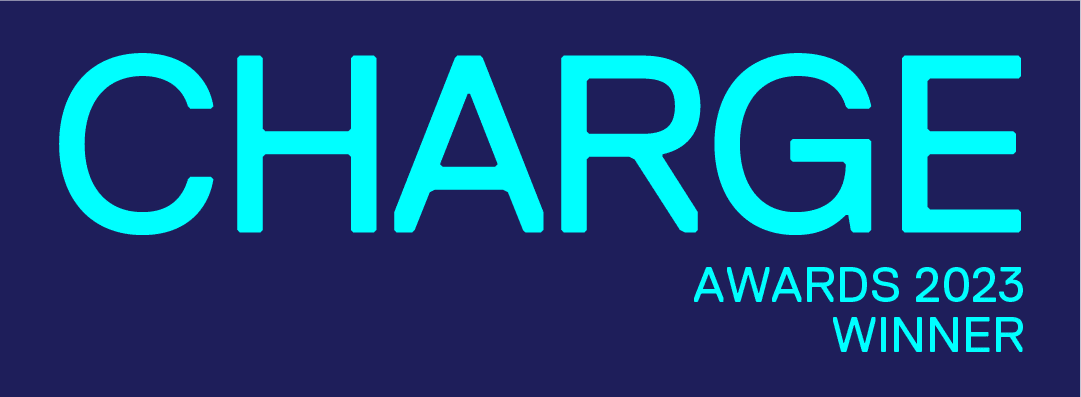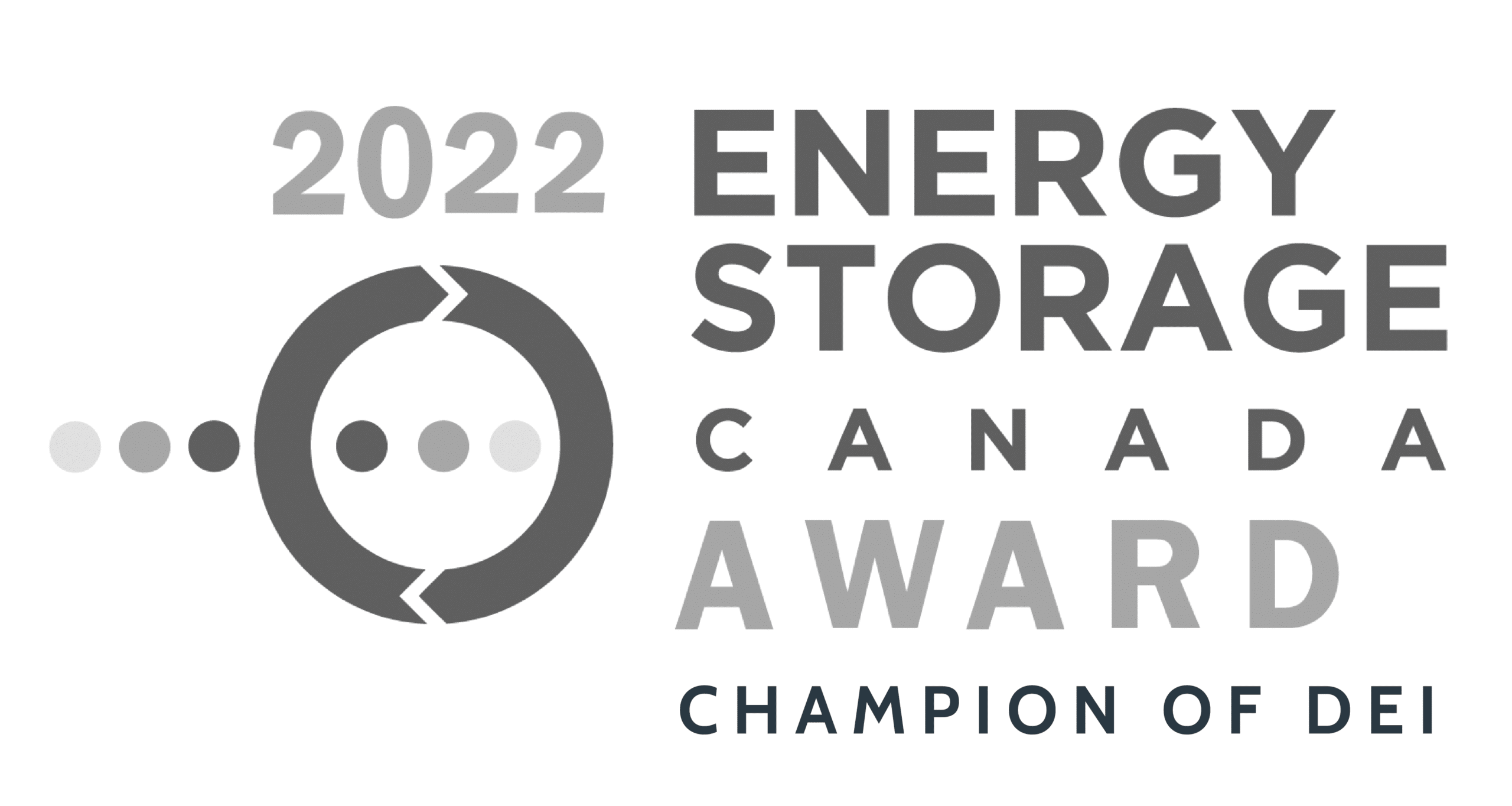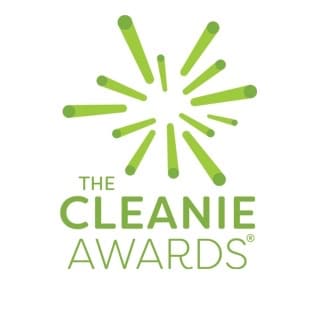Firstly, we want to wish you a happy Pride Month. At Peak Power, we believe in recognizing Pride Month with concrete actions and DEI policy that support our mission to champion diversity and inclusion in the energy and tech space.
The truth is, we are a very diverse company, and that’s how we like it! Each and every day we are learning more about how to create a space that is safe and welcoming and how to make our team members feel even more seen and valued.
With that in mind, our team recently developed a communications guide to distribute both internally and to our external vendors, guests, visitors, and those interacting with our team. We wanted to share that with you in the spirit of togetherness this Pride Month. #TogetherWeAreBetter
Peak Power DEI Policy: Inclusive Communications
Here’s a guide for how to work with us:
- Steer clear of heteronormative language. Don’t assume people are straight, cisgender, or fit into stereotypical gender roles. Instead of using traditional binary pronouns, you can use plural gender-neutral pronouns like “they,” “them,” “their,” “theirs,” and “themselves.” Instead of assuming someone has a “wife/boyfriend”, you can ask about their “partner.”
- “Guys” does not include “everyone”. Referring to everyone as “guys” assumes that the normal, default human being is male. Even if you were used to hearing it as a neutral term, numerous studies show that these words cause people specifically to think of males.
- Prioritize the person, not their identity. Center someone’s personhood as the most important element of who they are, rather than aspects of their identity, like race, gender, or ability-level. For example “a person with a disability” instead of “a disabled person”. Ultimately, different groups have different preferences, and people within groups have different preferences. When in doubt, it’s best to ask.
- Avoid idioms, jargons, and acronyms. Jargon and acronyms can exclude people who may not have your same level of knowledge about a subject and can make communication difficult. Many idioms don’t translate well from country to country, and some are rooted in negative connotations and stereotypes (“hold down the fort,” “call a spade a spade” are examples).
- Don’t trivialize mental disabilities. Terms like “bipolar,” “OCD” and “ADD” are descriptors of real psychiatric conditions. For those who live with these diagnoses, it’s insulting when people who don’t experience the world this way throw them around. Also, avoid derogatory terms that stem from the context of mental health, for example, “crazy,” “mad,” “schizo,” or “psycho.”
- If you aren’t sure, ask. Even if it feels a bit awkward, asking someone how they identify, how you should refer to them, and language to use or avoid with them goes a long way in making all of us feel included.

Here are some easy swaps
More inclusive |
Less inclusive |
| Folks, people, you all, y’all, teammates | Guys (or women) when referring to people overall |
| Women | Girls (when referring to adults) |
| Workforce, personnel, workers, team |
When using gender-neutral terms, ensure that you are still recognizing that you’re speaking about a human being e.g., personnel vs. resources. |
| Chairperson, chair, moderator, discussion leader | Chairman, foreman |
| Spouses/partners | Wives, husbands, boyfriends, girlfriends |
| Parenting | Mothering, fathering |
| Typical | Normal There’s bias inherent in using one group as a standard against which others are judged. Use of the word normal as a comparison group can stigmatize people who are different and imply that they are abnormal. |
| Marginalized groups or underrepresented groups | Minorities Not all marginalized groups are minorities, and a broader term is generally inclusive of more than race and gender. |
We recognize that no one is perfect. We’re all going to make mistakes sometimes, and that’s fine – just correct yourself and move on. The goal is progress, not perfection; we encourage you to learn and grow alongside us!




